Burnout is a term often thrown around, but how many of us truly understand it? I am only beginning to understand it. It's not just feeling tired or overworked—it's a state of emotional, physical, and mental exhaustion caused by excessive and prolonged stress. But can we fix our own burnout? How do we recognize it in ourselves? Is it truly burnout, or something else like laziness, procrastination, depression, or personal failing?
For about a year, I've been wishing for a way to use my 401K without penalty to fund a sabbatical: a time to learn new things, explore ideas, and focus on my art career and skills for a corporate career change. I wanted a time to recharge and get inspired again. However, I felt like I could not financially justify taking that kind of time off from steady paying work or the risk of leaving my office job.
Recognizing Burnout
I read "Burnout: The Secret to Unlocking the Stress Cycle" by Emily and Amelia Nagoski a couple of years ago. I didn't think I was burned out because I could still function: go to work, make art, get the kids to school, and cook dinner. But I had a million reminders in my phone and had to take notes on everything to avoid forgetting things, and insomnia was my constant companion. I was so worn down I had a hard time speaking.
Burnout often looks like a complete inability to function, a defining moment that can be medically documented. But what if there is no defining moment or you don’t have the resources and must continue doing the things that burned you out while also trying to heal yourself? It’s like being told to walk off a broken leg while carrying a bag of rocks.
It’s hard to recognize burnout in ourselves. If you have been reading my Substack since I started in January, you might have seen this before I did. I've been reflecting and only now understand that I have been slogging through burnout for the last two years. I thought I could fix it with more art, a new office job, doing the routine daily tasks, and taking a long weekend here or there. My office job was cognitively intense and my artistic work was creatively intense, which left me mentally worn out.
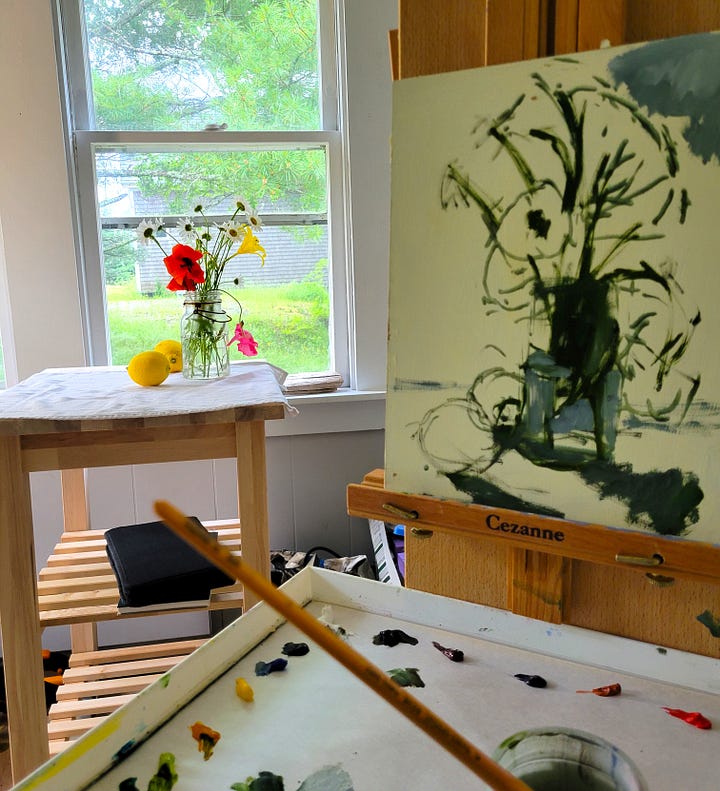
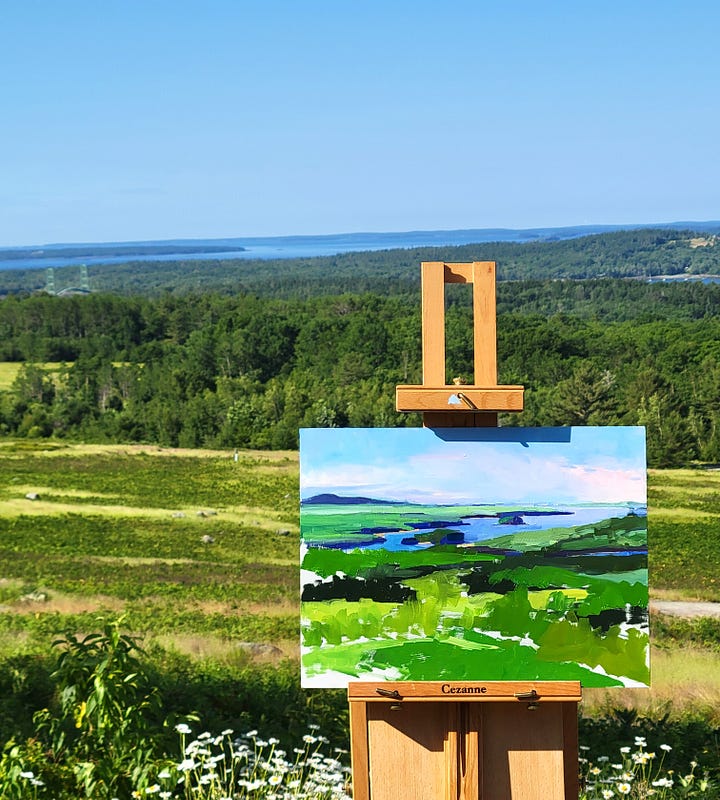
In June, I realized I could not continue this way. I left my office job and am giving myself that sabbatical I wanted. I am presently in Maine using the time to make artwork and figure out what I want to do next. I am pretty risk-averse. I have always had paying work to support my art practice and family, but now I’m out here taking a risk and seeing what happens and trying to find my spark again.
To repair burnout, we need to recognize it first. It requires rest, time, and often a shift in how we approach our work and life. Healing from burnout is like tending to a fire: you need to remove the suffocating ashes, not just pile on more fuel. We must find ways to support ourselves and each other, making space for recovery and renewal.
A link to Burnout by Emily and Amelia Nagaski
Thanks for reading this very personal post.
I have work at F.A.N. Gallery in Philadelphia in the July 2024 Group Exhibition.
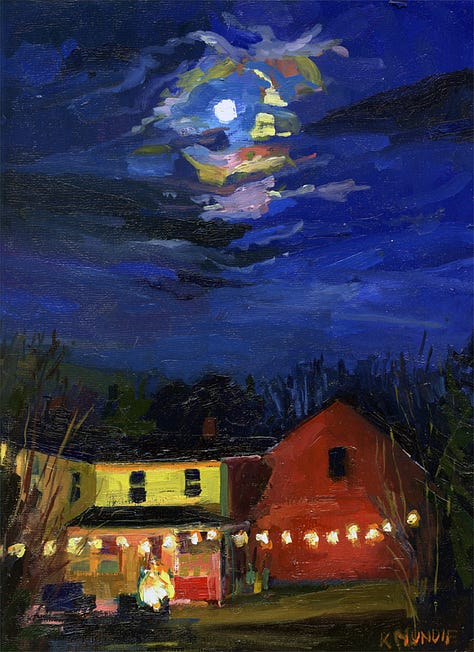
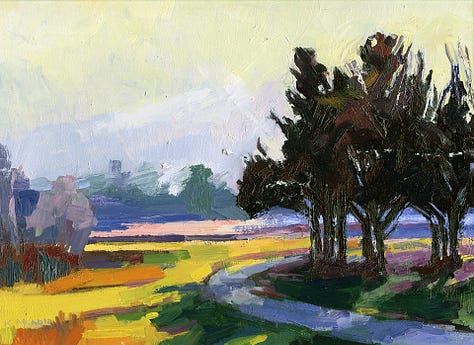
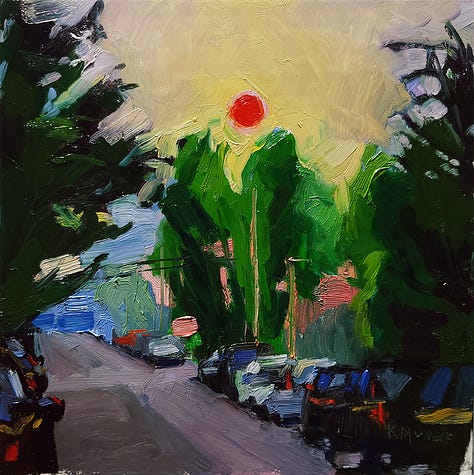
I have work at The Fairmount Waterworks in Philadelphia through July 28, 2024
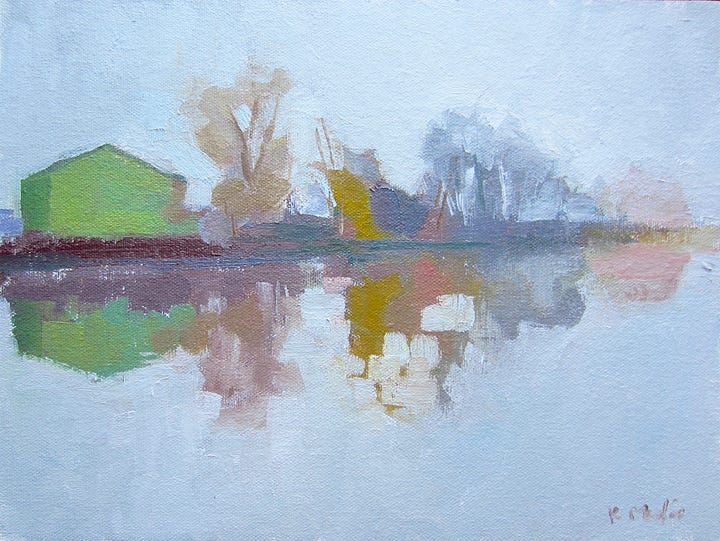

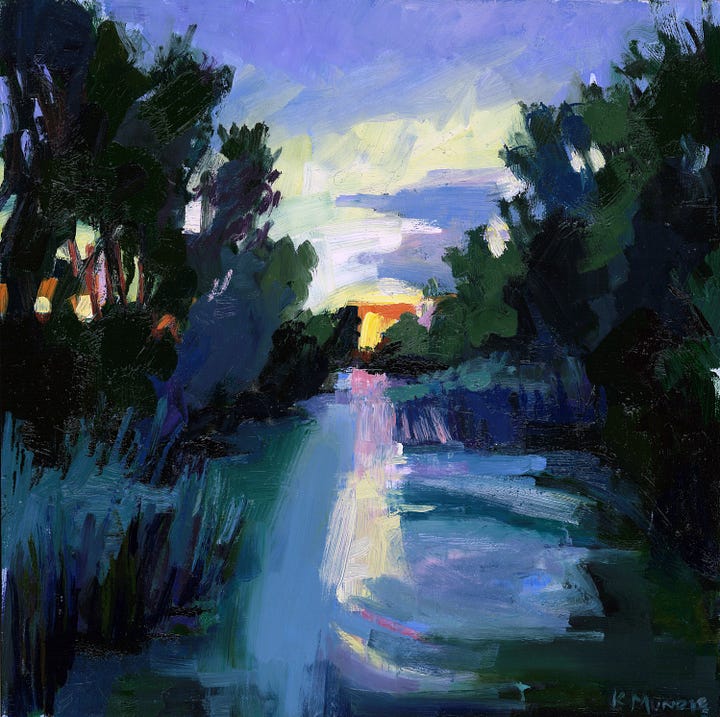
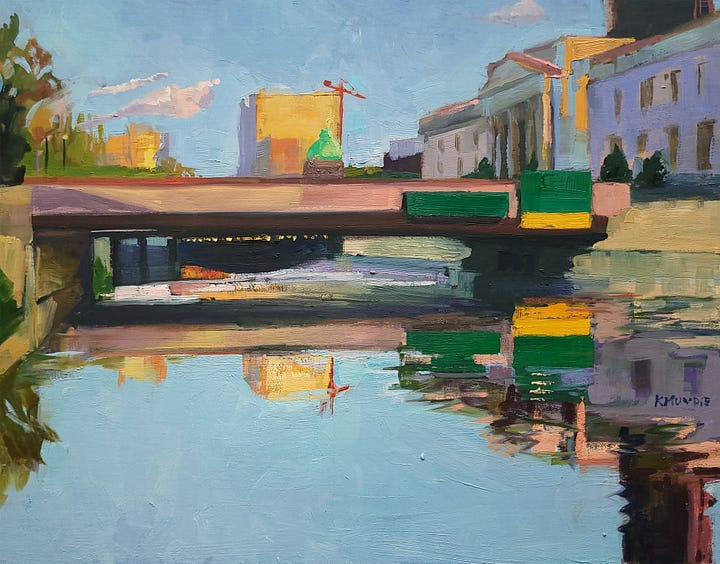
The show at The Station Gallery in Greenville Delaware comes down this weekend but the gallery will retain the unsold work to show in the back gallery space if you want to see it.
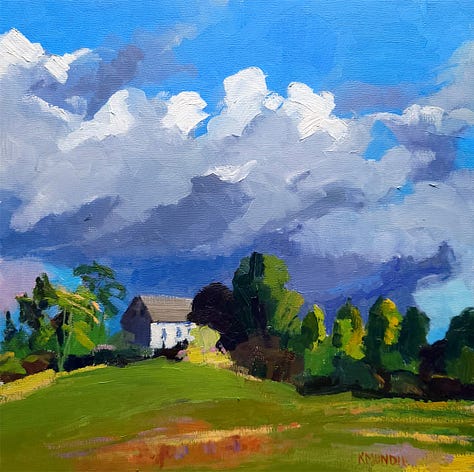
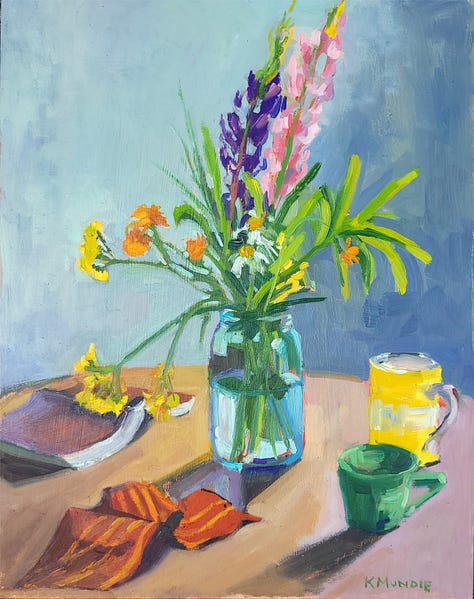
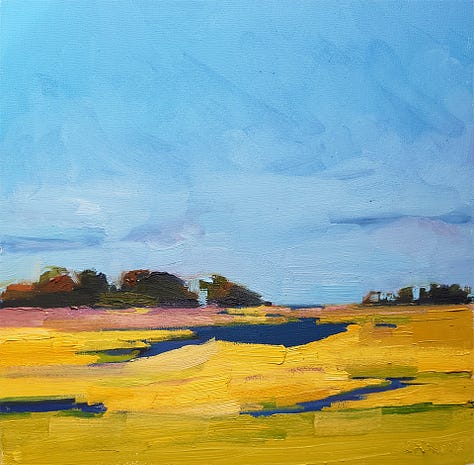


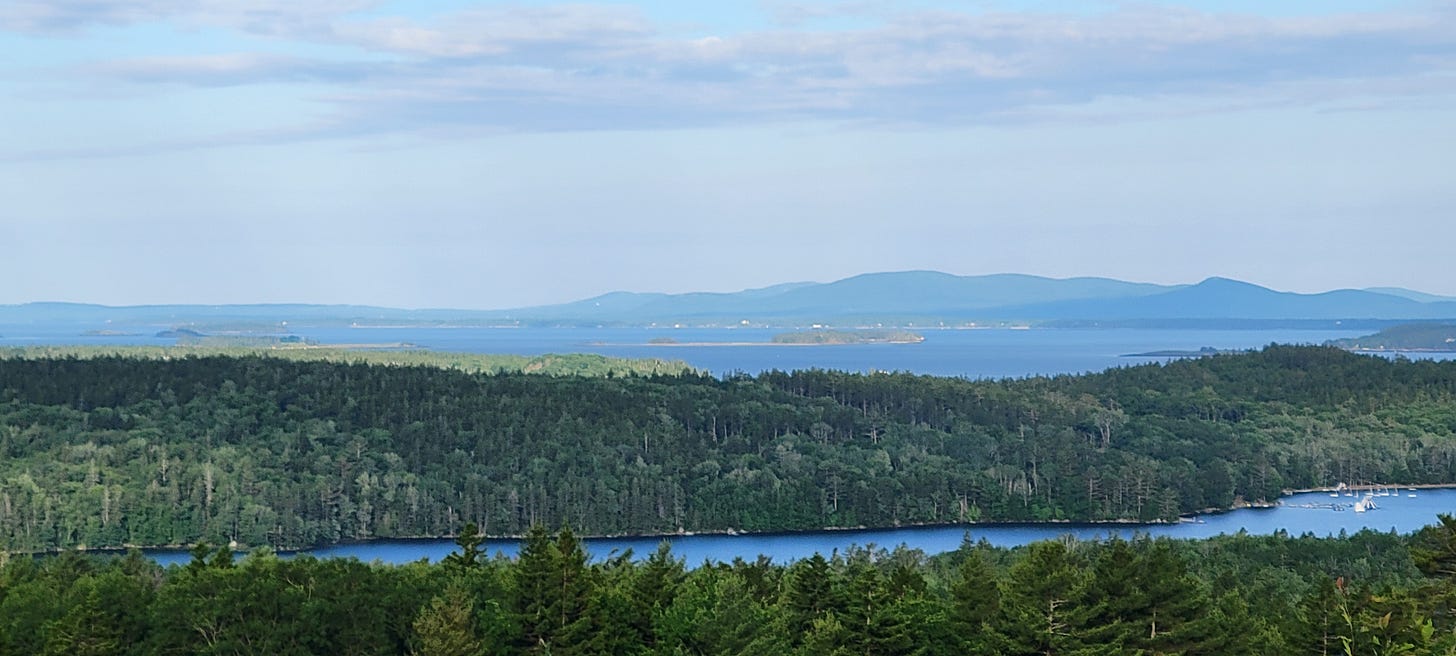
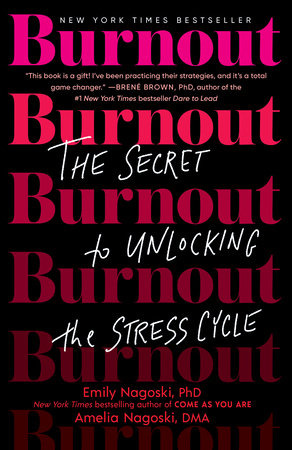
I am going through a burnout too. I write. After writing my first book and self-publishing it, I am in a sort of a confused state and hence I am taking a break in the mountains. To find some new motivation and maybe some spark that would help me to think of new things.
This article feels like everything that is going on with me right now. Thanks for writing this Kate. 🕊️
I certainly applaud the sabbatical. I'm on my 3rd.
I'm definitely not going back this time but it means I have to find some other way to make a living...which funny to hear b/c what I was doing before wasn't really living.
I firmly believe that given the way our life systems drag us along, sabbaticals are a necessary pause to implement for any hope of resetting. There's simply too much inertia to be able to change while remaining immersed in the stuckness.
I've given the idea of burnout a lot of thought. The origins of it are from an underlying system model that does not align with the realities of the work or human needs and desires on a deeper level. The ongoing misalignment creates problems which in turn causes a host of symptoms to constantly have to mitigate. The ongoing mitigating wears you down until you end up in an uncurious and unconscious state....going through the motions.
I'd strongly suggest that what's at the route of human burnout is a lack of connection with curiosity and consciousness in the day to day. The stress and frustration is simple the symptoms of the underlying disconnect.
Becoming an artist is incredibly difficult but it does not feel like burnout.